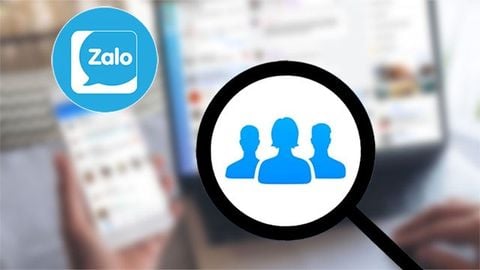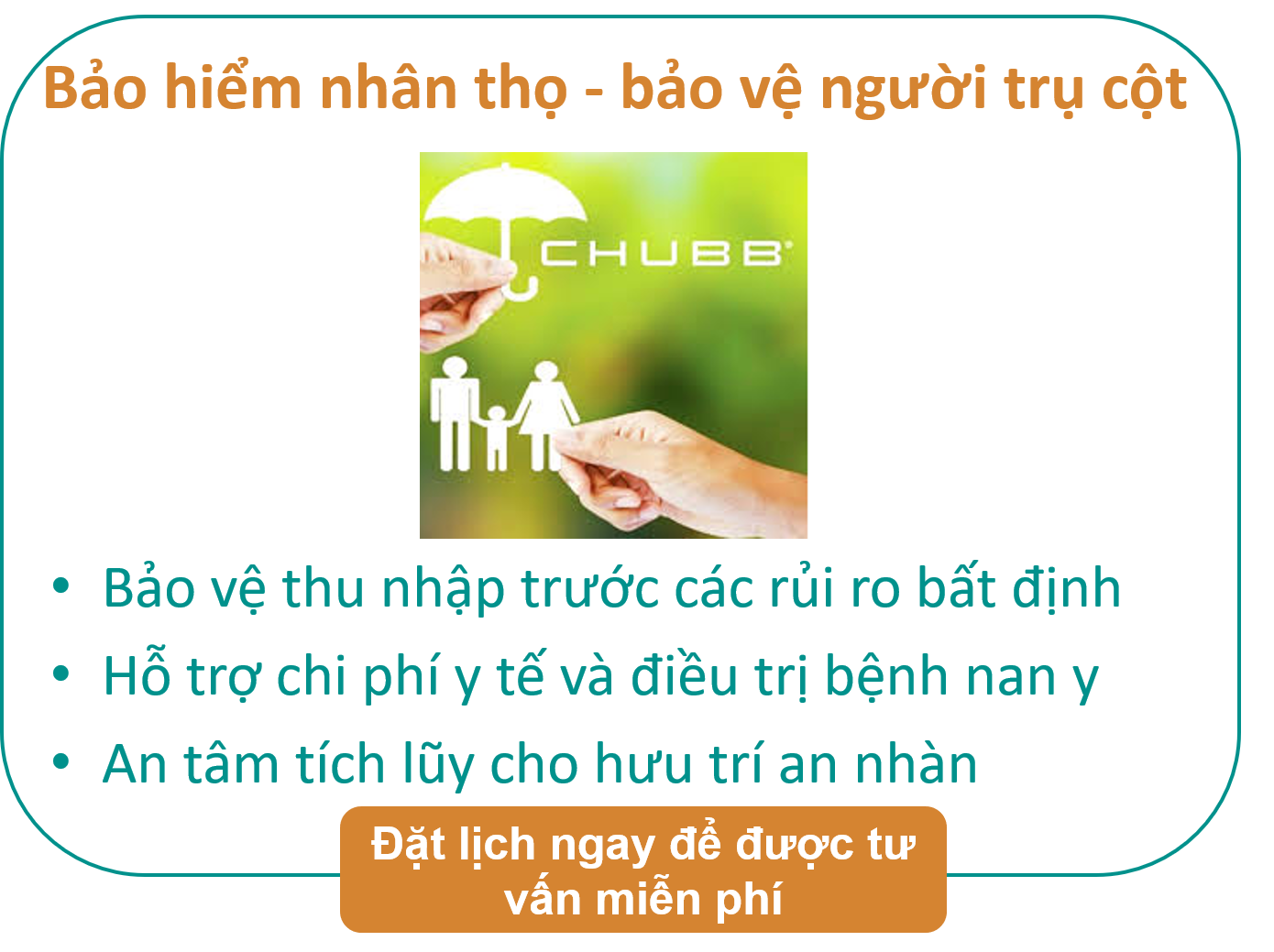Whether through democracy, strong public education, quality health care, or broad economic opportunity – reducing inequity is the highest human achievement.
I left campus knowing little about the millions of young people cheated out of educational opportunities here in this country. And I knew nothing about the millions of people living in unspeakable poverty and disease in developing countries.
It took me decades to find out.
You graduates came to Harvard at a different time. You know more about the world’s inequities than the classes that came before.
In your years here, I hope you’ve had a chance to think about how – in this age of accelerating technology – we can finally take on these inequities, and we can solve them.
Imagine, just for the sake of discussion, that you had a few hours a week and a few dollars a month to donate to a cause – and you wanted to spend that time and money where it would have the greatest impact in saving and improving lives. Where would you spend it?
For Melinda and for me, the challenge is the same: how can we do the most good for the greatest number with the resources we have.
During our discussions on this question, Melinda and I read an article about the millions of children who were dying every year in poor countries from diseases that we had long ago made harmless in this country. Measles, malaria, pneumonia, hepatitis B, yellow fever.
One disease I had never even heard of, rotavirus, was killing half a million kids each year – none of them in the United States.
We were shocked. We had just assumed that if millions of children were dying and they could be saved, the world would make it a priority to discover and deliver the medicines to save them.
But it did not. For under a dollar, there were interventions that could save lives that just weren’t being delivered.
If you believe that every life has equal value, it’s revolting to learn that some lives are seen as worth saving and others are not.
We said to ourselves: “This can’t be true. But if it is true, it deserves to be the priority of our giving.”
So we began our work in the same way anyone here would begin it. We asked: “How could the world let these children die?”
The answer is simple, and harsh. The market did not reward saving the lives of these children, and governments did not subsidize it.
So the children died because their mothers and their fathers had no power in the market and no voice in the system.
But you and I have both.
We can make market forces work better for the poor if we can develop a more creative capitalism – if we can stretch the reach of market forces so that more people can make a profit, or at least make a living, serving people who are suffering from the worst inequities.
We also can press governments around the world to spend taxpayer money in ways that better reflect the values of the people who pay the taxes.
If we can find approaches that meet the needs of the poor in ways that generate profits for business and votes for politicians, we will have found a sustainable way to reduce inequity in the world.














